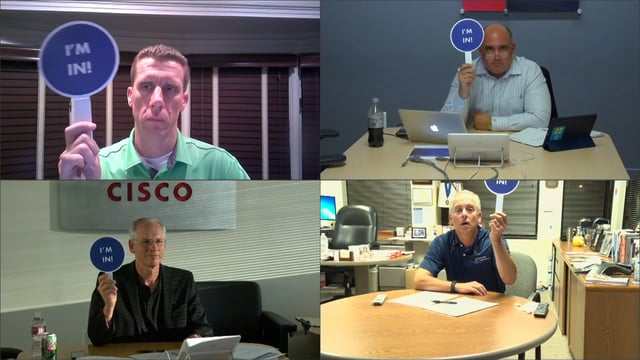
How slack can help (and hinder) cooperation
Originally posted on The Horizons Tracker.
Slack is crucial for innovation for a number of reasons. For instance I wrote a few years ago about an interesting study highlighting the importance of slack for getting the crucial work required for innovation done.
The study found that when entrepreneurs have a bit of ‘slack’ time in their schedule, they predominantly use that to do the less exciting tasks that are nonetheless crucial to the success of their venture.
“Slack time does something more than what we thought,” the authors say. “You need a creative idea for sure, but you also need to tell people about it and you need to put some effort into raising money. Slack time may give you the opportunity to do those mundane, execution-oriented tasks.”
Time to cooperate
A recent study1 from the University of Waterloo examined how time can influence our willingness and ability to collaborate. Across three experiments, the researchers explored the way people with varying capacity for reasoning performed in cooperative tasks. The experiments exerted a range of time pressures on participants, including delays to projects and rushed deadlines.
The study found that slack is crucial for cooperating on a task, but this very much depends on the kind of people involved. For instance, if an individual is a big picture kind of person, then giving them time to think about cooperating makes them more collaborative. If an individual is more inward thinking however, the same slack makes them less cooperative.
“What this study tells us is that the effect of thinking time on cooperation depends on the type of deliberation people use,” the authors say. “In practical terms, people trying to get groups to cooperate, such as employers or in school settings, may really need to understand people’s deliberation styles before deciding how much time to give them for a given task.”
With time pressure something we all have to encounter in one form or another at work, this adds a further aspect to consider as we strive to build more collaborative workplaces.
Article source: How slack can help (and hinder) cooperation.
Reference:
- Grossmann, I., Brienza, J. P., & Bobocel, D. R. (2017). Wise deliberation sustains cooperation. Nature Human Behaviour, 1, 0061. ↩





